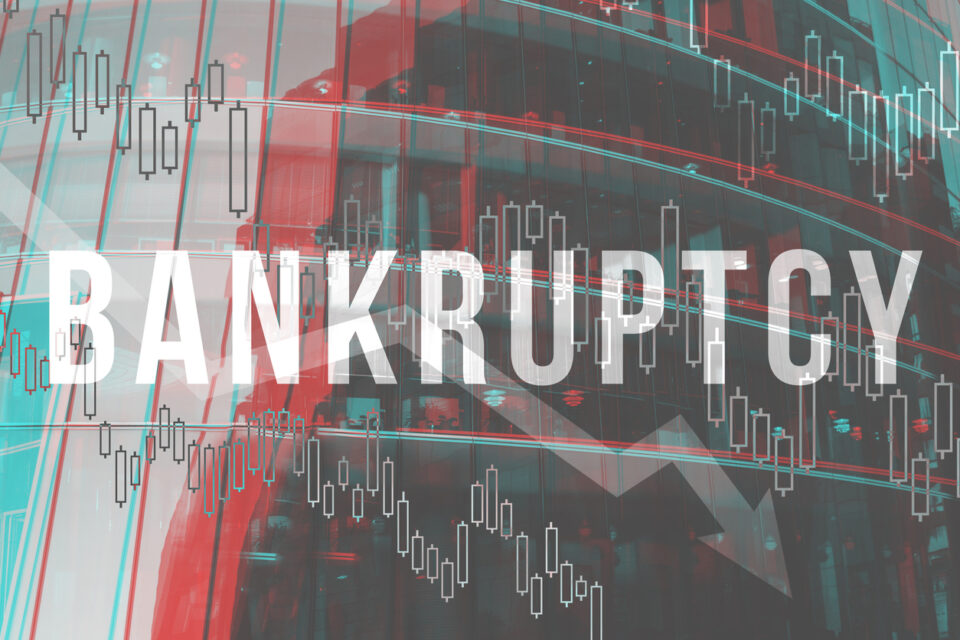Key Takeaways from CAA Amendments to Bankruptcy Code; No Extension of Cares Act Provision Increasing Eligibility for Subchapter V
Date
January 7, 2021
Read Time
3 minutes
Share

The Consolidated Appropriations Act (CAA), one of the largest bills ever passed by Congress, was signed into law on December 27, 2020. In addition to providing 2021 federal government funding and further COVID-related relief, the CAA contains several amendments to title 11 of the Bankruptcy Code to provide temporary relief and flexibility to debtors, landlords, tenants, and vendors who have been materially impacted by the ongoing COVID-19 pandemic.
The key takeaways for amendments to the Bankruptcy Code are as follows:
- Rent-Delay Extension for Small Business Debtors.
The CAA amends section 365(d) of the Bankruptcy Code for subchapter V small business debtors to allow an additional 60 days to pay rent (this is in addition to the existing 60-day delay permitted under subchapter V), where a small business debtor has experienced and is continuing to experience a material COVID-related financial hardship. Such deferred obligations can now be paid out over time pursuant to the plan (as opposed to the day the company emerges from bankruptcy). (2-year sunset, December 27, 2022).
- Extended Time to Assume or Reject Leases.
For all bankruptcy cases, under the CAA, debtors now have 210 days to assume or reject a lease (and, as before, may request an additional 90-day extension). This gives tenant-debtors 300 days (up from 210 days) to try to come up with a viable exit strategy from bankruptcy. (2-year sunset, December 27, 2022).
- Preference Protection for Certain Landlords and Suppliers.
The CAA helps landlords and trade vendors who provided assistance to their tenants and customers by prohibiting a debtor from avoiding payments that resulted from an agreement to defer payments. To qualify, (a) the debtor and landlord/supplier must have entered into a lease or executory contract before the filing of the bankruptcy case, (b) they must have amended the lease or contract after March 13, 2020, and (c) the amendment must have deferred or postponed payments otherwise due under the lease or contract. This amendment should encourage landlords and suppliers to work with distressed counterparties, with the understanding that negotiated deferred or abated payments will not be subject to clawback as a preference. (2-year sunset, December 27, 2022)
- PPP Loans for Small Business Debtors?
The CAA contains provisions to allow subchapter V debtors to obtain PPP loans, but such provisions will only go into effect in the sole discretion of the SBA administrator. Currently, courts are split as to whether a debtor is eligible for a PPP loan.
- Consumer changes.
The CAA also includes temporary changes that primarily impact consumer bankruptcy cases, including:
- modifying the time for the loan servicer to file a proof of claim;
- shielding federal coronavirus relief payments to taxpayers from the bankruptcy estate;
- giving a court more discretion to grant chapter 13 debtors a discharge in cases were a debtor missed a home loan payment;
- expanding protection against discriminatory treatment against debtors who filed for bankruptcy to allow such debtors to obtain mortgage forbearance relief or other mortgage-related assistance under the CARES Act; and
- providing relief from the requirement to make a utility deposit to avoid termination of services.
Prior SBRA Debt Limit Amendments Not Extended
Certain provisions of the Bankruptcy Code that were recently amended in connection with the earlier stimulus round (which we have previously written about) are subject to expire. Most importantly, the CARES Act increased the debt ceiling for subchapter V small business debtors from $2,725,625.00, to $7,500,000.00. This modification greatly expanded the universe of potential small business debtors that could utilize the many advantages of subchapter V of the Bankruptcy Code.
However, this provision is set to expire on March 27, 2021. Unless Congress acts quickly, a significant number of small businesses will no longer be eligible to file under subchapter V of the Bankruptcy Code. Businesses continuing to experience financial distress may want to consider their options in advance of the March 2021 expiration to ensure that they can still take advantage of subchapter V.